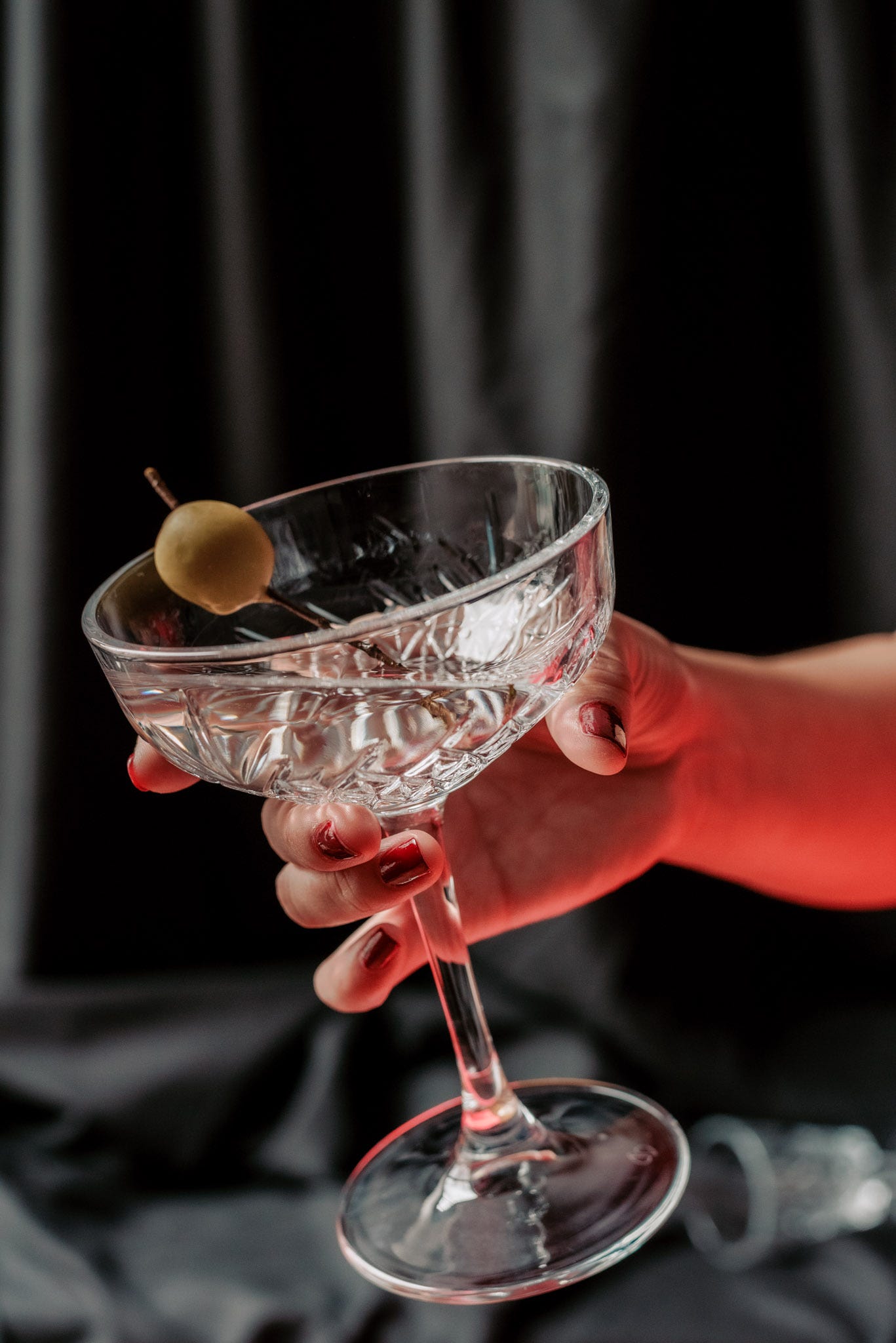Dayhawks
On being lonely and being alone.
I remember the first time I was introduced to the works of Edward Hopper. It was early spring, I think. Eleventh grade art history. We spent that sacred hour shrouded in the dark, faces aglow from the light of the projector, reviewing hundreds of artworks. The romanticism of Impressionism was behind us, and the utter chaos of Dadaism ahead. And between them, Hopper. Specifically “Nighthawks.” At the time, it was a mystery to me, why I felt such a pull to the painting. It’s deserted. Eerily silent. Dark, bathing the diner in an incandescent yellow glow. The patrons are drinking, soberingly isolated. It’s this pervasive loneliness throughout each of Hopper’s works that draws me, time and again. His work has always been the definition of being abjectly alone in a crowded room.
Now, more than ever, I find solace here. Having moved often in a short period of time—once I really thought about it, once a year the last five—I have often tasted loneliness, swallowed it. Like Degas’ “In a Café”—that one always strikes me, too. Not for the desperation but because of the defeat, the despair. Of being lonely, even when not alone.
Ironically, the feeling of loneliness is actually quite communal. According to the Survey Center on American Life, 59% of females 18-29 (my age bucket) lost touch with most of some of their friends during the pandemic.
Aside from global catastrophe, making friends as an adult is hard. I don’t know why I’m declaring this like a revelation. Everyone knows it, but I guess I didn’t believe it until I lived it. Once you leave school or your hometown, suddenly, your community is no longer within an easy one-mile radius. WFH life means few excuses to go to the office. And everyone is busy. How do you make friends?
Some of my most treasured friends are thousands of miles away, and when I think about it too hard, when I miss them too much, when I miss knowing that I am with people who really know me, really love me, I cry. And as we’ve established earlier in this portrait series, I hate crying. I can’t help it, though. I never knew the dull ache of missing someone would hurt more than the time I fractured my foot and ankle in one (unspectacular) fall. Because unlike the latter, this doesn’t heal. I have to learn to live with it.
I’ve come to realize that friendship is a war of attrition. You must show up in your new city, stake your ground, beat them down with your affection. For me, that means dancing with strangers at a weekly class, stumbling through steps and stilted conversation that sometimes barely moves past our names, so close, but never farther away. It means going to press events, classical concerts, and a regular café—rooms full of people, though I’ve never been lonelier.
Who knows if the war of attrition is actually a suitable strategy in the battle for the human heart? Perhaps they will relent. Sometimes they won’t. It might take weeks. Or months. Or years. And at the end of the day, all you can do is show up, and hope that somehow, somewhere, there is connection to be found. It’s also a good thing that I’ve learned how to drink (or at least be) alone.




